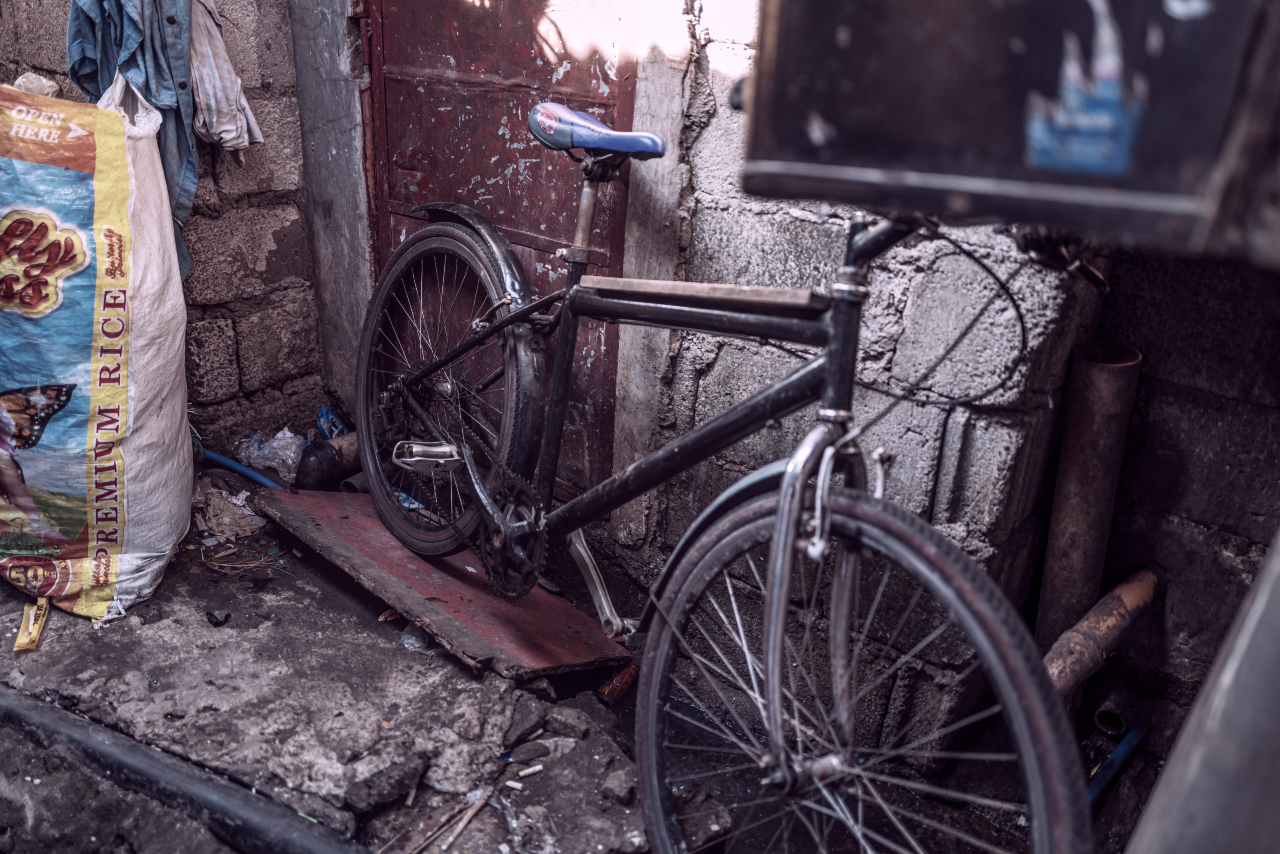Doing Theology From BelowНамуна


Impossibility to Responsibility
Today, we continue our exploration of how desire works and the implications of our highly developed capacity for imitation.
Imagine this…
Little Johnny sees Suzy riding a bike. He thinks, “Wow. That’s cool. I sure wish I could do that, but dang that seems impossible.” Johnny keeps watching Suzy ride the bike and his desire to ride the bike grows. Eventually, Johnny musters up enough courage and with the help of Suzy gives it a go. After a while, he discovers that he, too, can ride a bike. And not only that, he takes it to another level. He finds himself doing tricks that not even Suzy can do. Eventually, he discovers that he has become a model for his little brother who quickly learns how to ride his own bike.
What’s being described here is an inductive learning process. Human beings are inducted into being. We don’t become human by being taught a bunch of ideas and concepts and then applying them, no matter how beautiful or true those ideas might be. We become human by undergoing and experiencing real life in real time. As Christians we become human by following Jesus who models for us what it means to be human.
When Jesus says “follow me” he’s saying walk with me, imitate me. Borrow my desire and do what I do. Jesus takes full responsibility to induct us into being. This means that the lion-share of responsibility of becoming human lies not with us, the inductee, but Jesus, the inductor.
The book of Acts is a great illustration of this process in action. In virtually every chapter of Acts, the disciples find themselves confronted by some new thing the Spirit is doing in the world – something they never thought possible. It awakens in them a new desire. They are inducted into the new reality and eventually take responsibility to do the same for others.
The high point of this is in Acts 10, when God pours out the Spirit on Cornelius, a Gentile. At first, Peter is blown away by this. In fact, he is disgusted by the very thought. But, in a dream, he undergoes a shift in desire. The Spirit speaks to him and says, “What God has made clean, you must not call profane” (Acts 10:16). We are witnessing a second conversion. Peter is learning to love what he has been taught to hate. Eventually, Peter takes responsibility for this ever expanding love and baptizes Cornelius and his household.
This is a microcosm of the Gospel. Undergoing God’s love until we find ourselves loving what we have been taught to hate, even and especially our enemies. Peter undergoes the move from impossibility to responsibility.
Scripture
About this Plan

Hello and Welcome to a series of reflections called “Doing Theology from below.” These reflections are designed for those who want to explore a way of reading Scripture that is liberating, especially in vulnerable urban communities. Doing Theology from Below is learning how to read the text not “to” not “for” but “with” those we are called to love and serve and to do so with Jesus as our rabbi.
More









